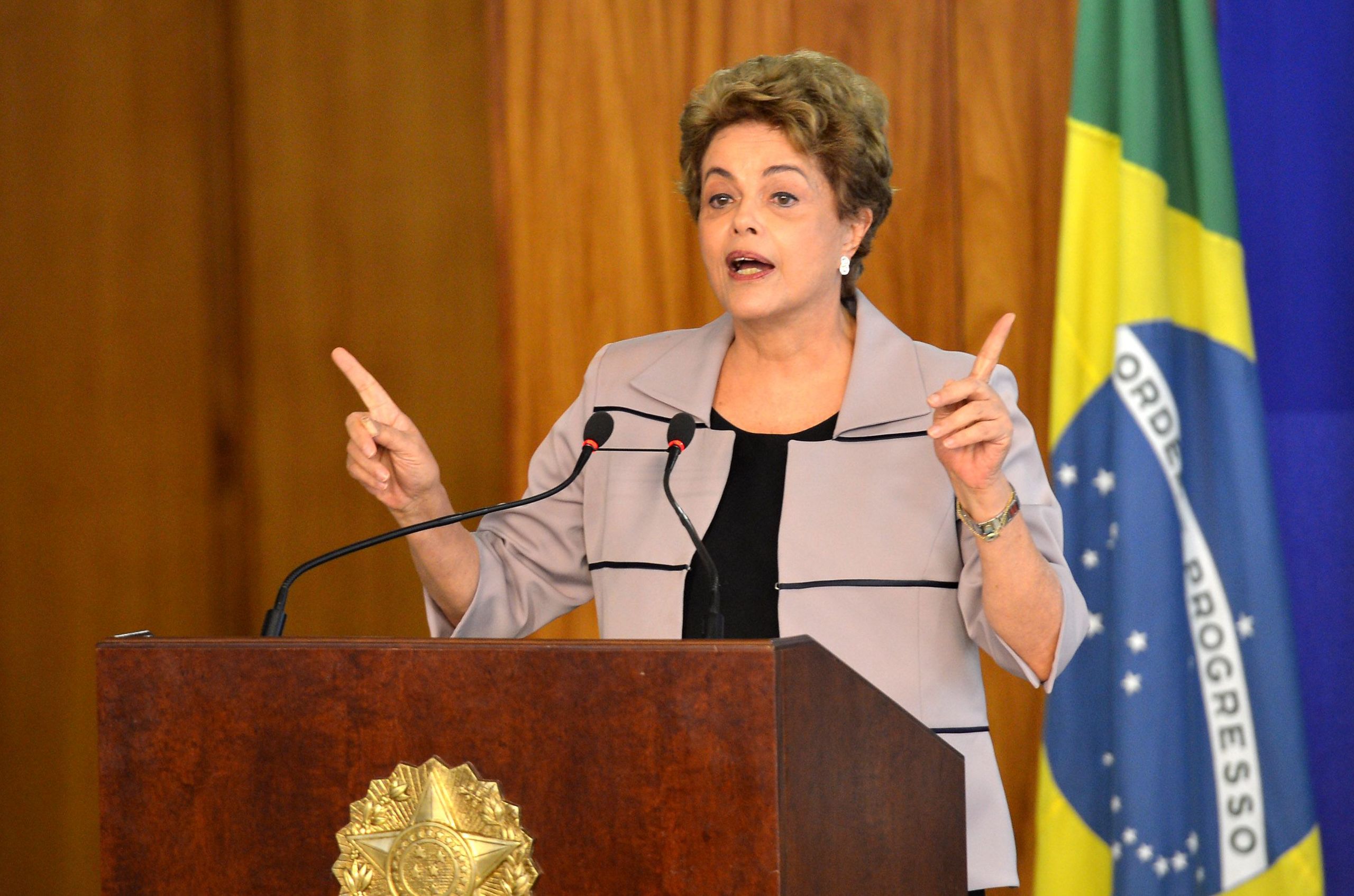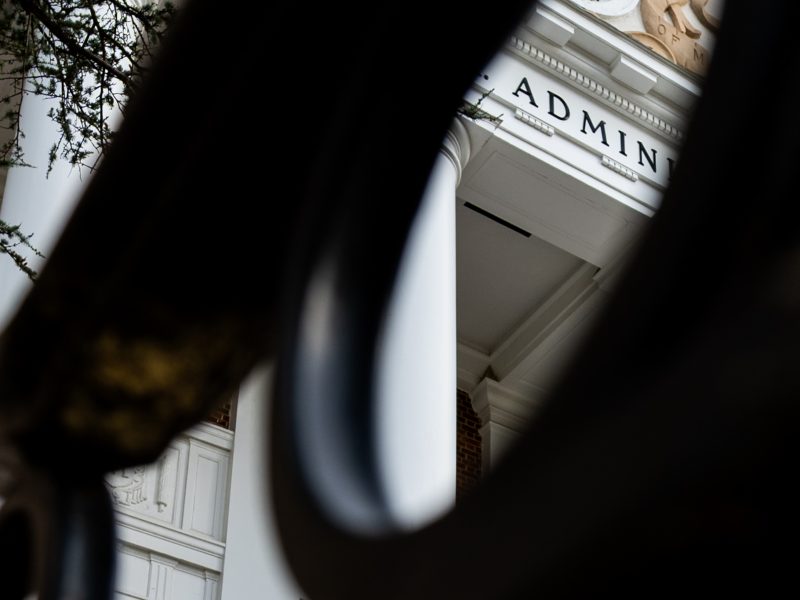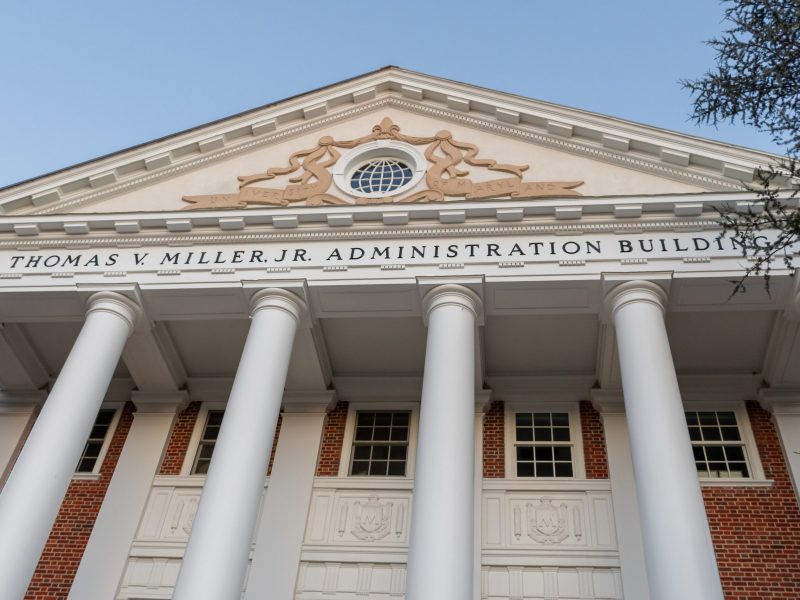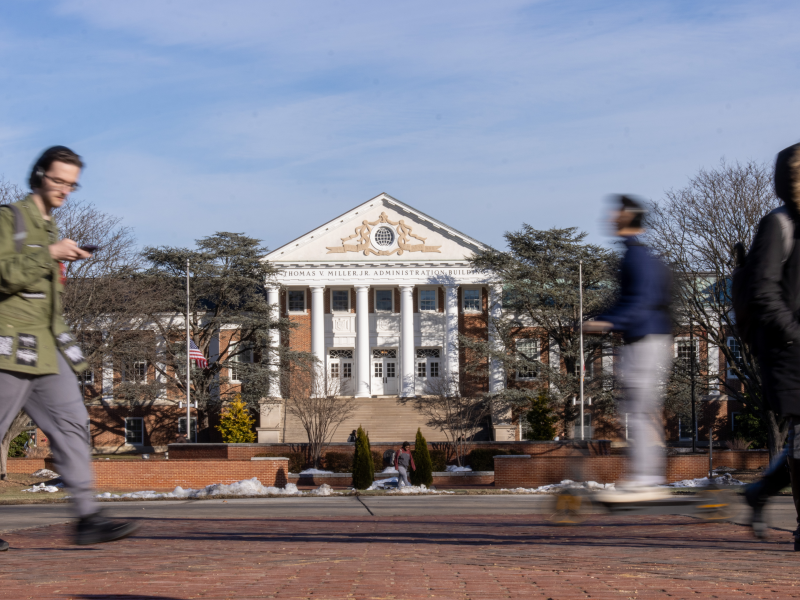It seems that Brazil has been in the news for all the wrong reasons lately.
Less than four months away from hosting the Summer Olympics, Brazil is entrenched in a crisis of historic proportions. Since 2014, an investigation into what has become the greatest corruption scandal in Brazilian history has gripped the nation and deeply divided its people. For the first time in more than 20 years, impeachment charges have been brought against the sitting president. Yet no matter the outcome of the impeachment process or the corruption investigation, there is no clear end in sight for Brazil’s political, economic and social crisis.
On Sunday, April 17, Brazil’s Chamber of Deputies (roughly equivalent to the U.S. House of Representatives) voted in favor of impeaching President Dilma Rousseff. The measure now heads to the Senate. If a simple majority votes to receive the impeachment motion, she must step down for 180 days while a Senate committee investigates the charges against her. Should two-thirds of the Senate then vote for impeachment, she would be removed from office, and her vice president Michel Temer would serve out her term through 2018.
President Rousseff is a member of the left-wing Workers Party, which has been in power for the last 14 years. She was the chief of staff to ex-president Luiz Inácio Lula da Silva and rode the wave of his enormous popularity to the presidency. However, her one-plus terms have been mired by scandal, the most prominent being the Operaçao Lava Jato (Operation Carwash).
At the center of the Lava Jato investigation is the state-run oil company Petrobras. Officials at Petrobras are being accused of colluding with a cartel of construction firms to overcharge the oil company on a number of contracts. The firms then allegedly funneled the excess money to personal offshore accounts of state officials as well as to political campaigns of members of the government coalition.
More than 50 politicians have been implicated in the scheme, with bribes estimated at over 2 billion reais (about $571 million). Petrobras stock has lost about 80 percent of its value since the scandal broke. Although President Rousseff has not been personally implicated in the corruption scheme yet, she was Chairman of the Board of Petrobras when the bulk of the illicit transactions allegedly took place. This makes it hard to believe that she either had no idea of what was happening or that she wasn’t involved.
Operation Carwash has contributed to Brazil’s worst recession since the Great Depression. The national economy contracted by 9 percent the past two years, while unemployment has soared to 10 percent and inflation increased by about 10 percent. President Rousseff’s approval rating has plummeted amid frustration at an economic depression that is hindering what was a promising and growing economy only five years ago.
The impeachment charges that President Rousseff faces actually have little to do with Operation Carwash because she cannot be positively linked to it. She is being accused of tampering with the government’s accounts in breach of a fiscal responsibility law, which is considered an impeachable crime. Although this may not seem as serious an offense as the accusations of corruption being brought against many Brazilian politicians, most legal scholars believe that there is a solid legal basis for impeachment. The Supreme Court has also upheld the impeachment process so far. However, there can be no doubt that the country’s disastrous political and economic issues under the Rousseff administration have intensified the impetus for impeachment.
Although the tone of political discourse is exacerbated by the conflict that an impeachment represents, Brazil’s democratic institutions are properly functioning in accordance with the Constitution. Whether impeachment of the President will solve Brazil’s problems is another matter. Some are claiming that only new elections could overcome the crisis of legitimacy that affects both the Rousseff government and a new government that would be headed by Brazil’s vice president, who also lacks political support.
The fate of Brazil’s president — and the country’s political and economic future — remains unclear. For now, all that seems certain is that the Summer Olympics will have to share the front page of Brazilian newspapers this summer.
Carolina Velloso is a junior history major. She can be reached at carolspvelloso@yahoo.com.



